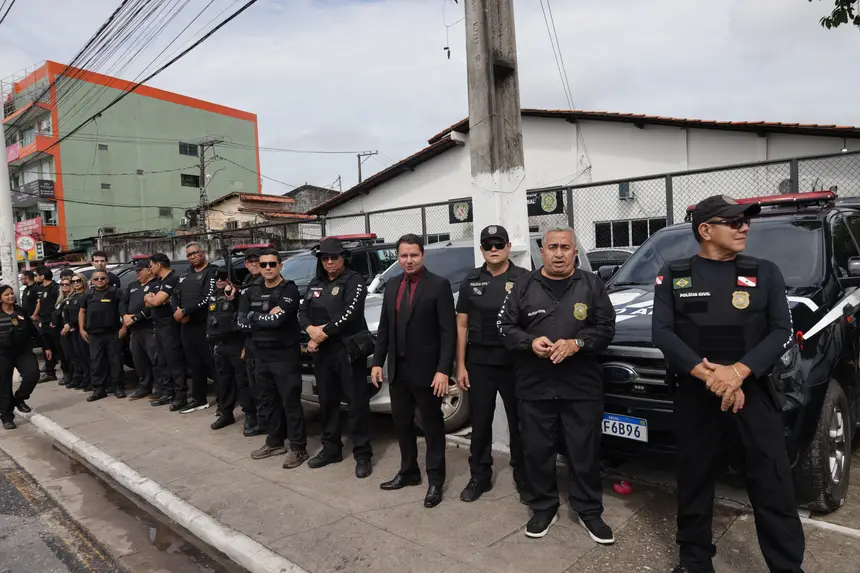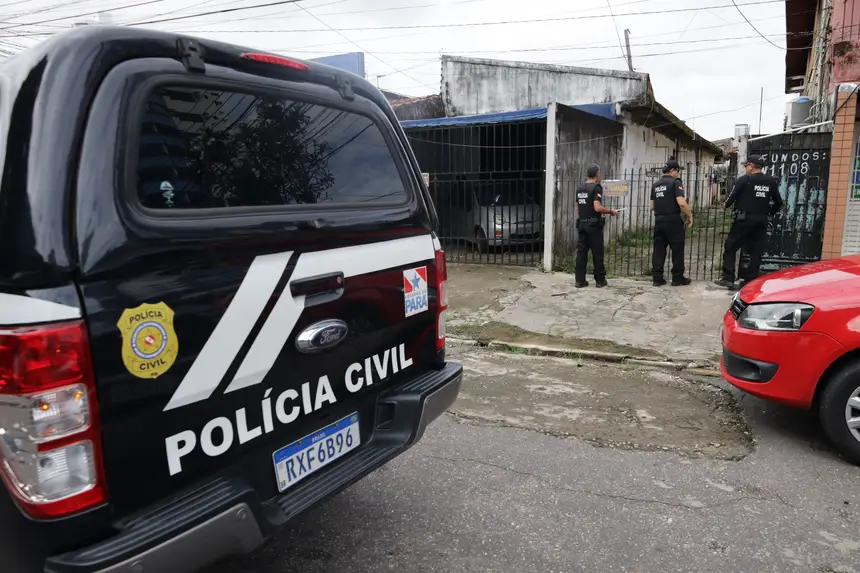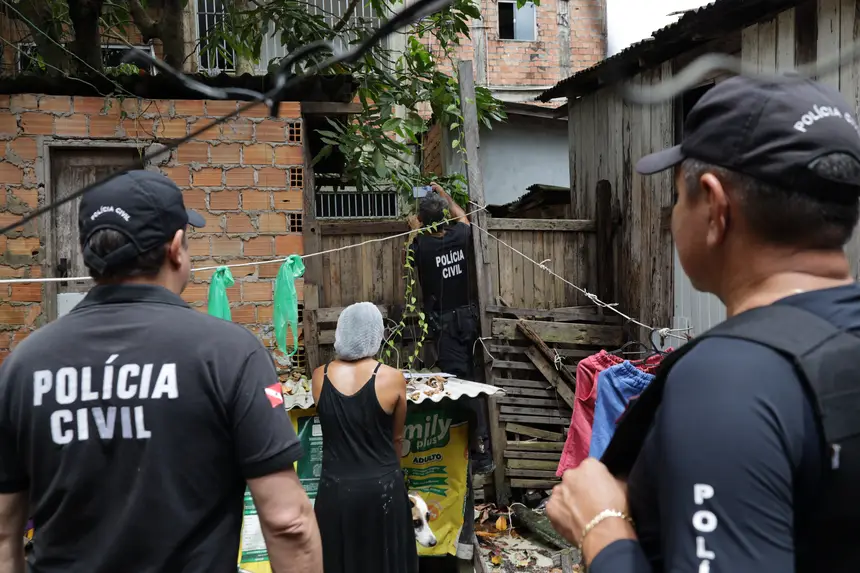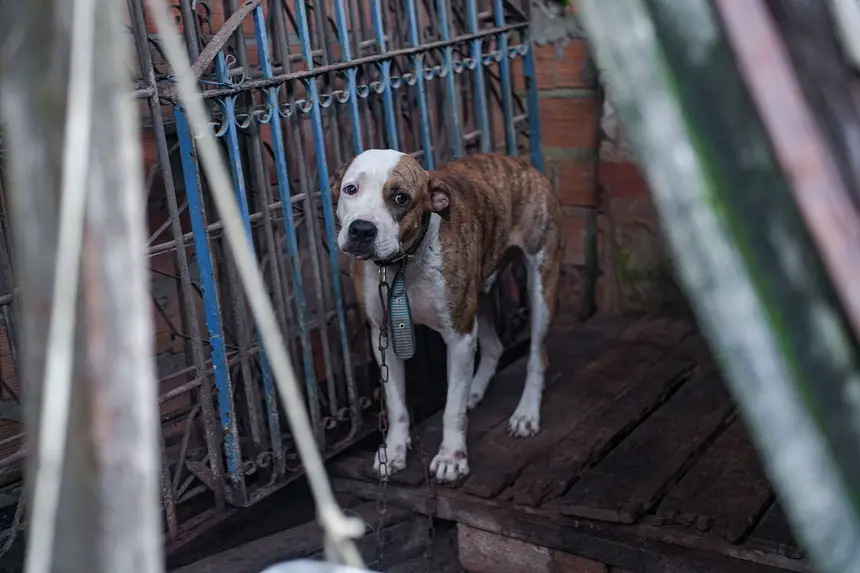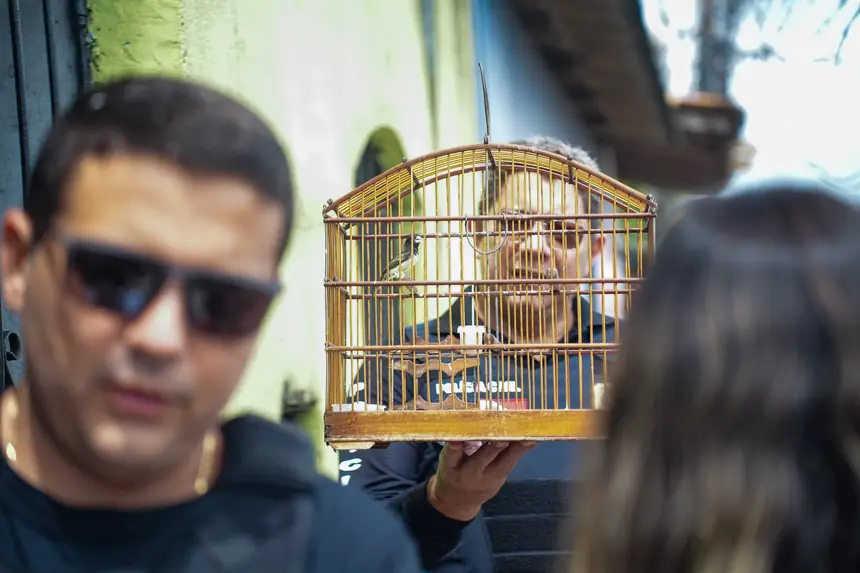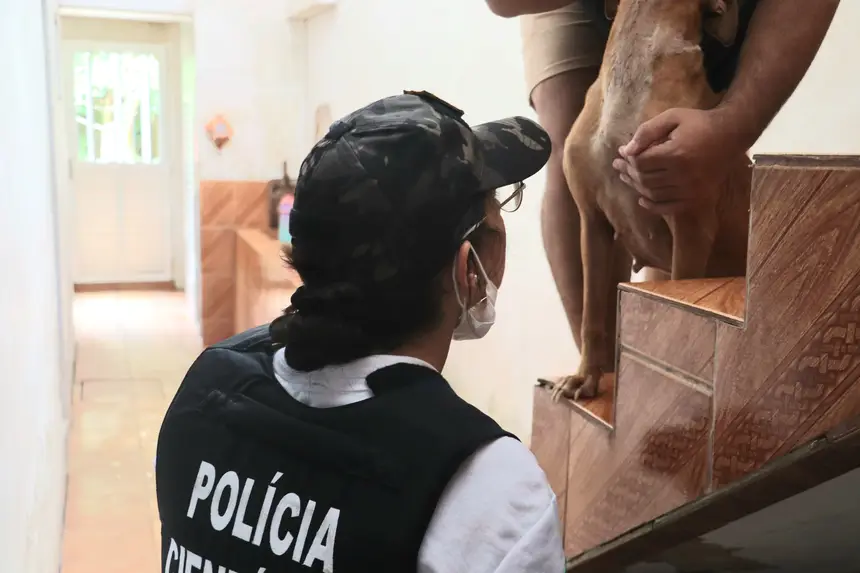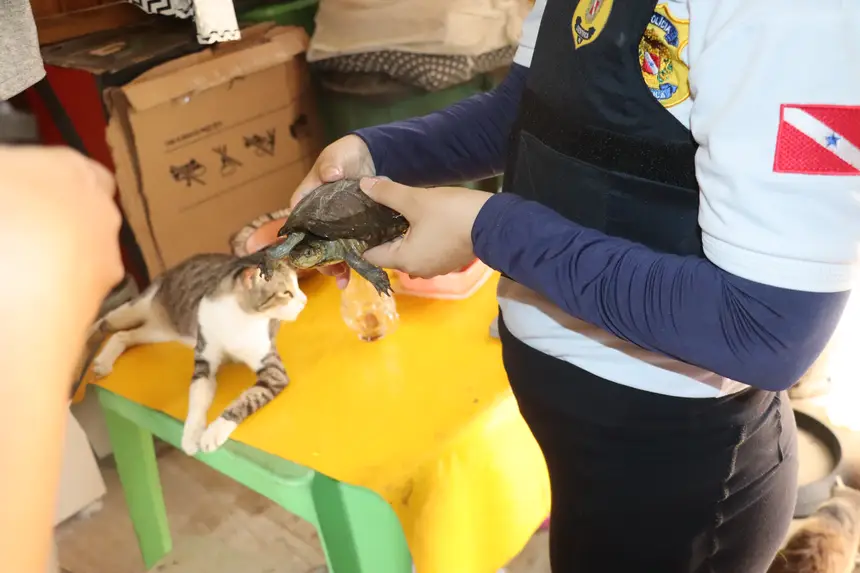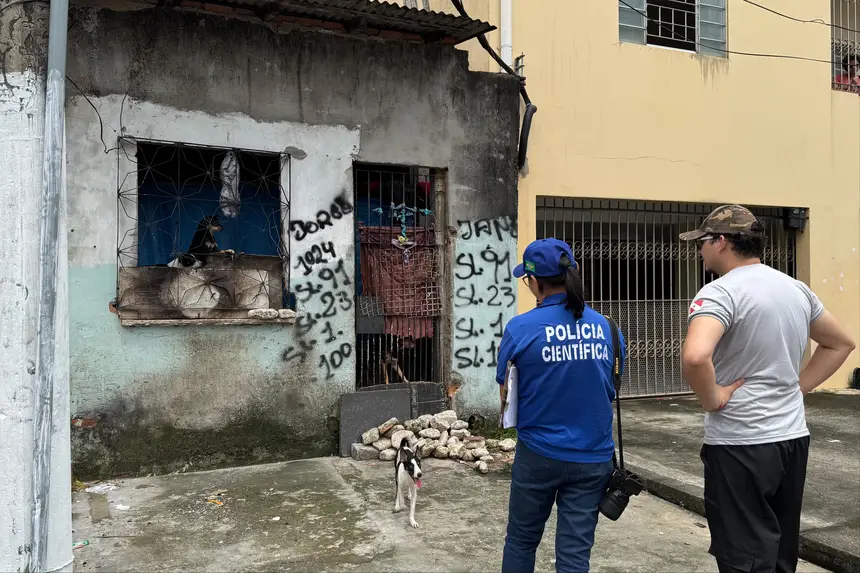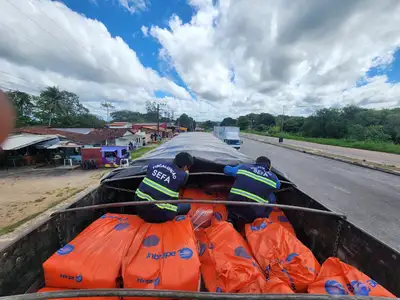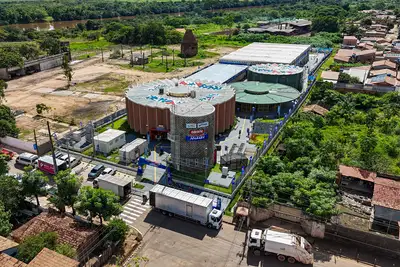Civil Police and PCEPA combat animal abuse in the Metropolitan Region of Belém
During the action, one person was caught in the act for animal abuse, animals were seized, and guardians were summoned to provide clarifications at the police station
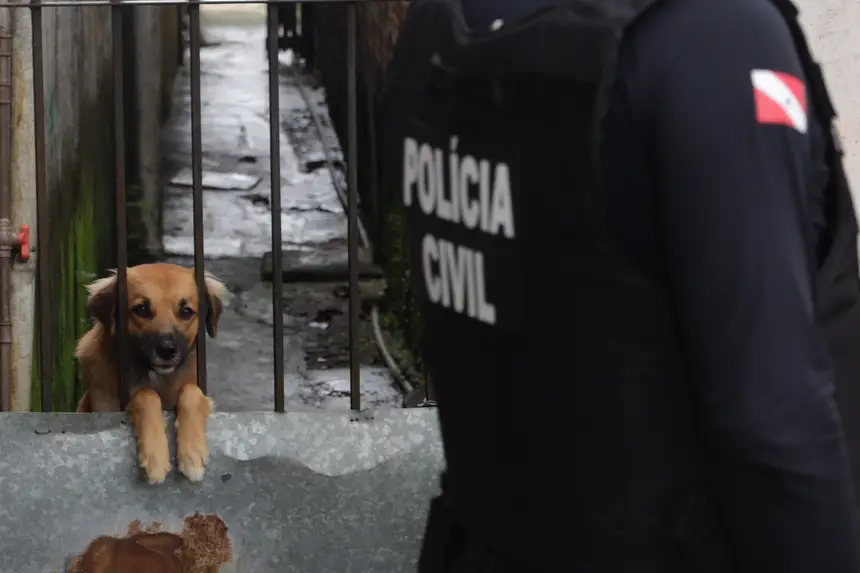
The Civil Police of Pará launched, on the morning of this Tuesday (29), the operation "Animalis" aimed at investigating reports of animal abuse. The action was coordinated by the Animal Protection Police Station (Depa), linked to the Specialized Division for Environment and Animal Protection (Demapa), and was supported by the Scientific Police of Pará (PCEPA), the Public Ministry, the Zoonoses Center, the Veterinary Hospital, the Civil Defense, and the Municipal Secretary for Animal Defense.
The police investigated 80 reports throughout the Metropolitan Region of Belém, animals were seized, and one person was caught in the act for animal abuse. “Several civil police officers worked throughout the morning checking addresses that referred to possible situations of animal abuse. One dog, one tortoise, and six birds were seized and sent to Demapa. We managed to summon 39 people to provide clarifications at the police station about the conditions in which the animals live in their homes, and one person was caught in the act for animal abuse. The result of the operation was excellent, and we hope that this action can raise awareness among people to take better care of animals,” explained delegate Edson Azevedo, director of Demapa.
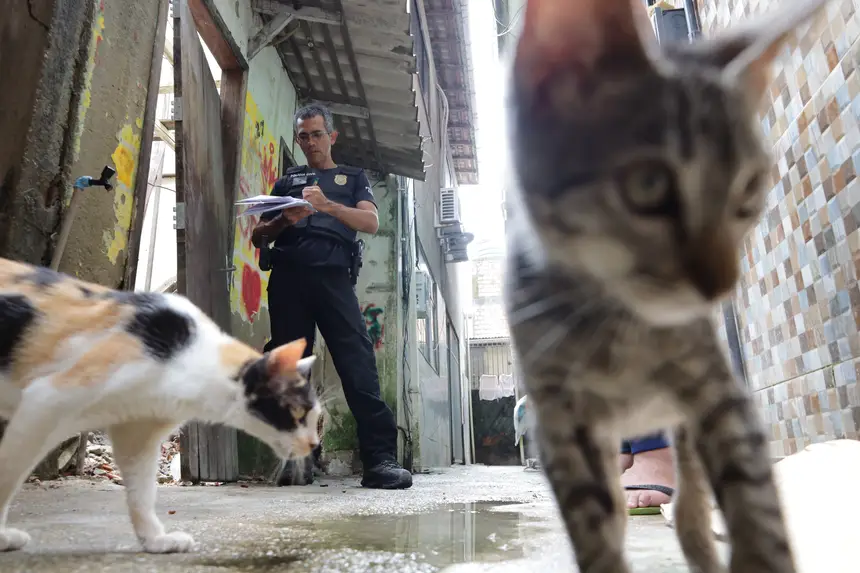
About 100 agents, divided into eight teams, participated in the operation that checked 80 addresses located in Belém, Ananindeua, and Marituba. Many residences were closed, and it was not possible to verify the report. Some dogs were found in the outdoor areas of the residences, and as there were no signs of violence, the guardians were only advised to keep the animals protected inside the house.
“The participation of the people of Pará, through responsibly made reports, is of fundamental importance for the work of PCPA to be effective. It is worth noting that not every case falls under animal abuse. Many people report that the dog barks a lot, and that is natural for the animal. Reports of this nature are evaluated as unfounded. We check how the guardians take care of that animal. If it is well-fed and receives vaccinations properly,” explained delegate Leandro Lima, head of Depa.
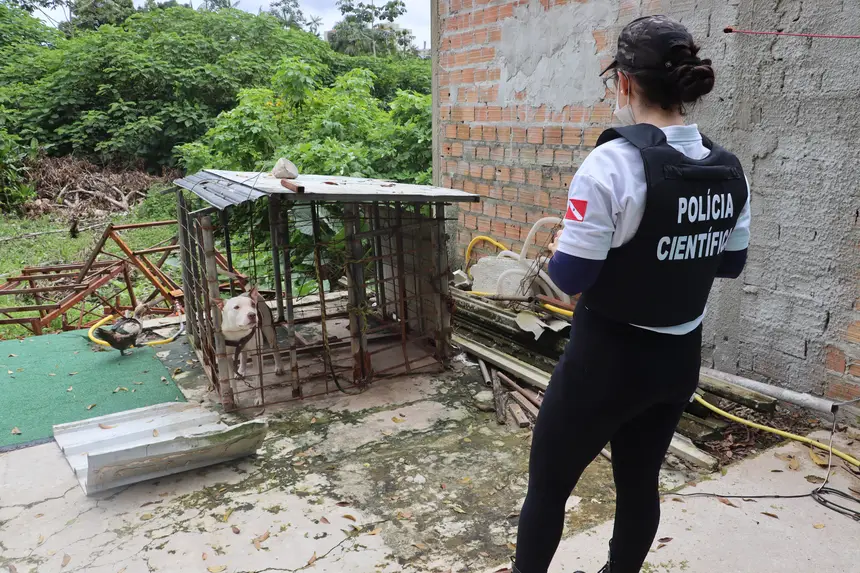
Scientific Police ensures the necessary technical evidence
The Scientific Police of Pará (PCEPA) participated in the operation organized by Demapa with the aim of producing the necessary technical evidence for the Civil Police authorities to proceed with reports of animal abuse in the RMB. Also participating in the operation were the mayor of Belém Igor Normando, the councilor of Ananindeua Neto D'ippolito, the Animal Rights Defense Commission of OAB-PA, the Secretary for Animal Protection and Defense of Belém (SEPDA), and NGOs and independent protectors.
According to veterinarian and criminal expert Gabrielle Cardoso, the forensic examinations are essential to prove the existence of the crime. "The technical evidence is to scientifically prove whether there was a case of animal abuse," she explains.
The criminal expert also emphasizes that in many cases the animal is suffering, but the person committing the crime does not intend to cause that to the animal. She also cites that a very common case is of the animal that is healthy but is kept chained all day, which is prohibited by law. "Our diagnosis of animal abuse is aimed at identifying the five freedoms of animals. So the basis for keeping an animal well is to maintain these five freedoms, for example, nutritional freedom, the animal having water and food available to it at will, and quality food. Regarding confinement, which we receive many reports about, the animal cannot be kept chained all day; it needs to be free to express behavioral freedom, have health, among others," she concluded.
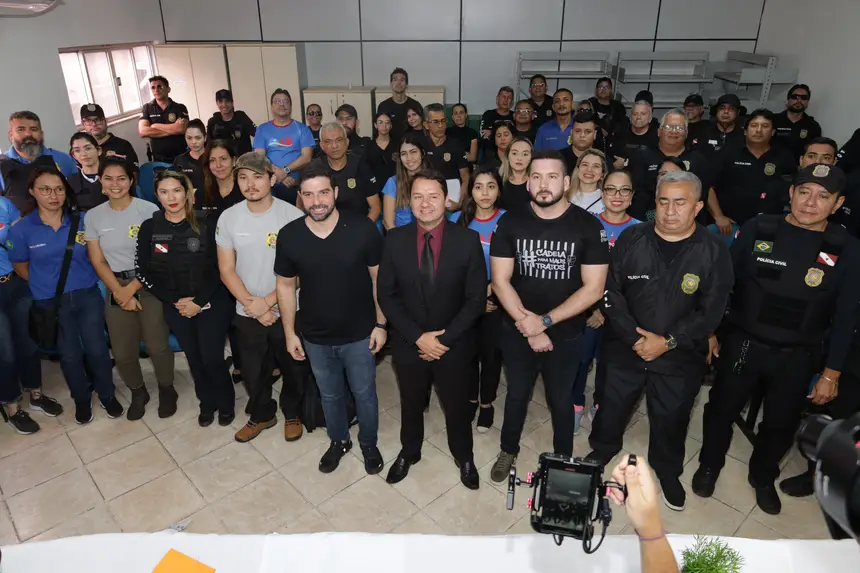
The mayor of Belém Igor Normando highlighted the importance of the forensic examinations for the operation. "It is fundamental because it guarantees certainty of whether or not there was animal abuse. It is important because it ensures that those who commit animal abuse can be punished to the fullest extent of the law."
Leandro Lima, head of Depa, explained how the forensic examinations assist the investigations carried out by the Civil Police. "All investigative work requires an investigative technique. These technical elements are gathered through the forensic examination, where a specialist checks the conditions of the animals on-site, following a whole protocol that exists, and then produces another element to verify the situation and eventually, if the crime is confirmed, we will be indicting this person to respond criminally."
Service: Reports of animal abuse can be made through the hotline, 181, or in person at Demapa, located at Avenida Augusto Montenegro, 155. In addition to reports, Demapa also accepts donations of food for dogs and cats.
Text: Jeniffer Terra (PC) and Monique Leão (PCEPA)



